The Decline of California: Lessons, Warnings, and Hope — Sheriff Chad Bianco Joins Wolfe Untamed
In the latest episode of Wolfe Untamed, Sheriff Chad Bianco, a veteran of over 30 years in law enforcement and the current Sheriff of Riverside County, California, sat down with host and NFL veteran Derek Wolfe to discuss the serious challenges facing California. From runaway crime rates and homelessness to fractured families and political policies with far-reaching consequences, this candid and deeply insightful conversation shed light on how these issues are eroding communities in California—and what other states, like Colorado, can learn from these missteps.
This exchange was both a warning and a call to action for anyone concerned with the direction of policy and culture across America. Sheriff Bianco and Wolfe didn’t hold back, tackling issues like California’s crime crisis, the failures of progressive policies, and the essential role the family structure plays in a thriving society. Below are the highlights of their hard-hitting discussion.
California Then and Now: “It Truly is Getting Horrible”
Sheriff Bianco began the interview by providing a stark comparison between the California where he began his career in 1991 and what it has become today. He shared anecdotes about how thriving neighborhoods are now hampered by rampant crime, collapsing businesses, and unchecked theft.
“We’ve gotten to a point where our businesses don’t even report crime anymore,” said Bianco, highlighting how smash-and-grabs and theft are so pervasive that businesses simply account for these losses as part of their operational costs. The cost of stolen goods is ultimately passed on to consumers, inflating prices and diminishing the quality of life for everyone.
He explained how California’s liberal policies, especially the shift away from holding criminals accountable, have played a direct role in this decline. Bianco lamented, “There’s now a mentality in California that it’s society’s fault criminals exist. They believe we’re to blame for their actions because we somehow oppressed them.”
This departure from a culture of accountability isn’t only affecting businesses—it’s also impacting law enforcement morale. “The laws being passed prevent us from doing our jobs,” Bianco admitted, “My daily job as sheriff is to maintain the morale of officers who genuinely want to make a difference but feel hamstrung by the system.”
Blueprint for Disaster: Colorado Following in California’s Footsteps?
What makes Bianco’s insights particularly alarming is the ripple effect these policies are having across the country. Wolfe brought attention to a book titled The Blueprint, which he described as a strategic 20-year Democratic plan to export liberal policies from California to Colorado.
Bianco expanded on this idea, noting that California has long been a bellwether state. “There’s a saying—‘As goes California, so goes the rest of the country,’” Bianco explained grimly. “Well, California is going in the toilet, and now these progressive ideas are spreading to places like Colorado and New York.”
Wolfe recounted a personal experience meeting new neighbors in Colorado who had migrated from California. “The first thing I said to them was, ‘I hope you didn’t bring your politics.’” That anecdote underscores the paradox of people fleeing California’s broken system only to vote for similar policies in their new homes. “It’s mind-blowing,” Wolfe said, “Are they really that indoctrinated that they can’t see what happened?”
Bianco agreed, describing it as a vicious cycle. “People leave here because the state is broken—because of income taxes, gas taxes, skyrocketing living costs—but then they bring the very same failed ideology with them.”
The War on Families: Breaking the Backbone of America
One of the most striking parts of the conversation was the duo’s discussion about the disintegration of the family unit and its long-term consequences for society. Wolfe passionately observed, “America was built on strong family values—on two-parent households where moms and dads raised kids with discipline and love.”
Bianco elaborated, outlining how this was systematically dismantled under the guise of progress, often with ulterior motives. “The feminist movement, which is supposed to be about empowerment, really became a vehicle to pull women away from their homes, making building families nearly impossible.”
This erosion of the family has left children vulnerable to government indoctrination in public schools, Bianco noted. “The saying rings true—don’t be surprised when your kids come back Romans after you send them to Caesar.”
Wolfe added his personal observations about how absent or overextended parents have allowed a dangerous culture of entitlement to emerge in newer generations. “Instead of being taught to work hard and earn their success, they’re being taught to think, ‘Why can they have that and I can’t?’ It’s victimhood disguised as activism.”
Crime Without Consequences: A System of Enabling
Sheriff Bianco didn’t mince words about how failed legislation enabled criminals rather than reformed them. He pointed to Proposition 47, a 2014 initiative that reclassified many felonies as misdemeanors, increasing the threshold for felony theft to $950. This move made theft almost consequence-free.
“I had one guy use a calculator he stole from Walmart to keep track of the value of items he was shoplifting—to make sure he stayed under the $950 limit,” Bianco revealed, shaking his head in disbelief. “They’ll just get a citation and walk right out.”
One of the most chilling examples of failed policies is how California has addressed the fentanyl crisis. The state hasn’t passed meaningful legislation to target drug dealers, even though fentanyl is now the leading cause of death in many constituencies. “It’s mind-blowing,” Bianco said. “We’re talking about one of the most dangerous substances imaginable, yet California refuses to implement tougher penalties for dealers.”
A Hopeful Sign: The New Generation
Despite the staggering challenges, both Wolfe and Bianco expressed optimism about the new generation of Americans. Wolfe noted a growing rebellion among younger groups against oppressive ideologies.
“Kids coming out of high school now—18- to 25-year-olds—they’re tired of being told what to think,” Wolfe said. “It’s almost in our DNA as Americans to fight back against control, and now we’re seeing it again in this younger generation.”
Bianco echoed this sentiment, adding that young people currently entering the workforce in his sheriff’s department tend to lean more conservative. “They’ve lived through COVID-19 lockdowns and seen government overreach firsthand. These kids are asking questions and demanding answers.”
A Call for Accountability
The episode concluded with a powerful call to action. Both Wolfe and Bianco stressed the need for personal responsibility and informed voting.
“If we don’t wake up and start paying attention to the people we’re voting into office, we’ll destroy ourselves from within,” Bianco said. He likened what’s happening in America to the Russian socialist playbook: “The communists always said they’d destroy us by dividing us economically, socially, and spiritually. That’s exactly what’s happening.”
Wolfe agreed, imploring listeners not to take their freedoms for granted. “Nobody’s entitled to the American Dream,” he declared. “You’ve got to work for it and protect it.”
The Road Ahead
This episode wasn’t all doom and gloom. Sheriff Bianco believes in America’s resilience and its ability to self-correct. He cited the rising popularity of trade schools and the public pushback California politicians are facing as signs that change is possible.
Key Takeaways:
- California serves as both a cautionary tale and a blueprint for other states to avoid.
- Family values, personal responsibility, and informed decision-making are essential to preserving America’s foundation.
- There are hopeful signs from younger generations tired of government overreach and oppressive rhetoric.
The episode is a must-watch—providing clarity on current events, while leaving listeners with practical tools to take action in their communities. It’s not too late to turn things around, but as Wolfe and Bianco warn, it starts at home and in the voting booth.



